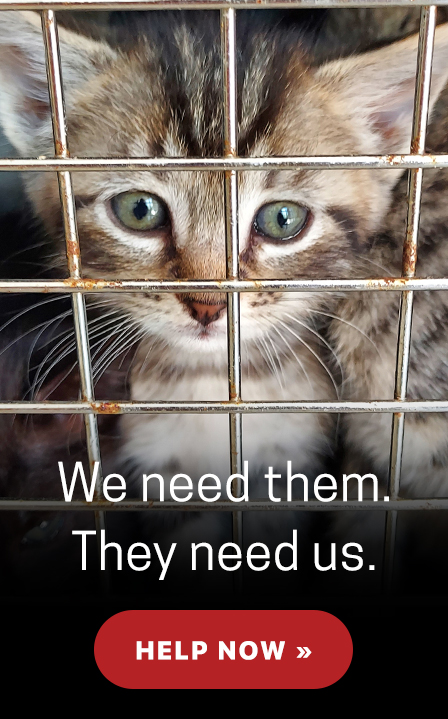ALEXANDRIA, VIRGINIA, June 12, 2017 — The American Association of Poison Control Centers (AAPCC) and American Humane want to remind first responders that in case of accidental synthetic opioid exposure to themselves or their canines in the field, expert medical advice is available 24 hours a day, seven days a week through the free Poison Help hotline, 1 (800) 222-1222.
Across the country, poison control centers are seeing an alarming upward trend of poison-related deaths and injuries directly linked to the use of highly potent synthetic opioids, such as fentanyl. Due to this increase in usage, local law enforcement officials and first responders are increasingly coming into contact with these dangerous narcotics, causing accidental overdoses due to secondary exposure. On June 6, 2017, the U.S. Drug Enforcement Agency issued an updated warning on the dangers of accidental fentanyl exposure, urging law enforcement to exercise extreme caution.
“Even a very small amount of fentanyl can be deadly,” said Stephen T. Kaminski, JD, AAPCC CEO and Executive Director. “As this epidemic continues to spread across the country, it is vital that anyone who suspects he or she has been accidentally exposed to this dangerous drug contact poison control immediately by calling the national Poison Help hotline, 1 (800) 222-1222, especially if any symptoms are observed. Seeking the medical expertise of a poison center toxicology specialist could be lifesaving, and the best way for law enforcement and first responders to be prepared in the event of any poisoning emergency is to save the contact information for poison control into their smartphones simply by texting “POISON” to 797979.”
“Not only are first responders at risk of accidental overdoses from fentanyl exposure, but these drugs are also extremely lethal to police canines,” said Robin Ganzert, PhD, American Humane President and CEO. “Dogs in K9 units who are trained to find potent opioids can easily inhale or ingest small amounts of these drugs, which is all it takes to cause serious damage or death. Therefore, it’s important for law enforcement officers – human and canine – to take precautions for their safety. If you know or suspect that your canine partner may have ingested something poisonous, immediately contact the national Poison Help hotline at 1 (800) 222-1222.
For more information on the dangerous health effects of opioids, visit AAPCC’s Opioid (Narcotic) Pain Medications alerts page.
Web: www.aapcc.org
Twitter: https://twitter.com/AAPCC
Facebook: https://www.facebook.com/aapcc/
Contact
Angela Gonzales, AAPCC Associate Manager, Communications and Outreach, 703-894-1865, [email protected].
About American Humane
American Humane is the country’s first national humane organization, founded in 1877. For more information or to support their efforts, please visit www.AmericanHumane.org.
About American Association of Poison Control Centers (AAPCC)
AAPCC supports the nation’s 55 poison center members in their efforts to treat and prevent drug, consumer product, animal, environmental and food poisoning. Members staff the Poison Help hotline at 1-800-222-1222 that provides free, confidential, expert medical advice 24 hours a day, seven days a week, 365 days a year from toxicology specialists, including nurses, pharmacists, physicians and poison information providers. In addition, AAPCC maintains the only poison information and surveillance database in the United States, providing real-time monitoring of unusual poisoning patterns, chemical exposures and other emerging public health hazards. AAPCC partners with federal agencies such as HRSA, CDC, FDA and EPA, as well as private industry. Be prepared for a poisoning emergency and download poison control’s contact information today. Text “poison” to 797979.

